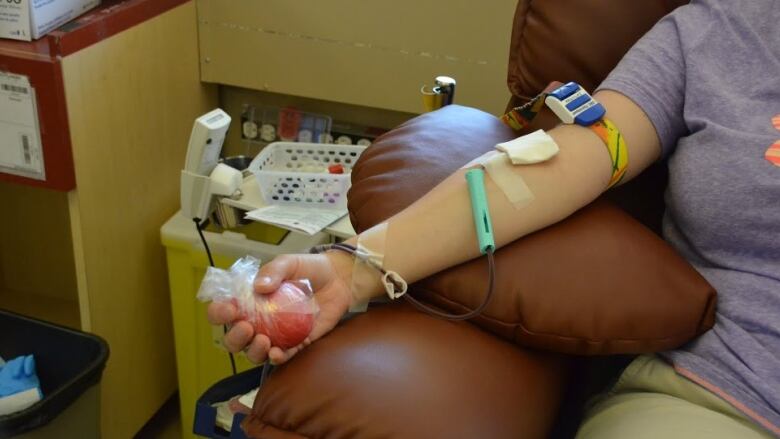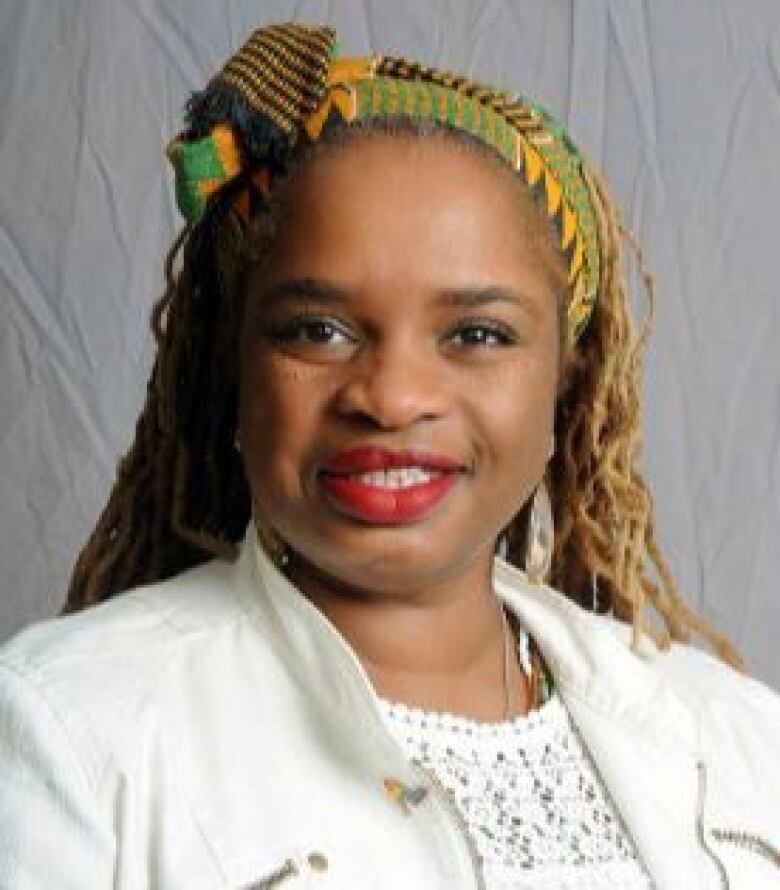Blood donation screening needs to change: Sudbury researcher

A Sudbury researcher feels changes need to be made to screen blood donors in both Canada and the United States.
OmiSoore Drydensayscurrent rules unfairly discriminate against gay people and certain visible minorities.
She is an assistant professor of women's, gender and sexuality studies atThorneloeUniversity in Sudbury and has writtenextensively about blood donation and bans on donating.
Her comments come just days after 49people were killedat a gay nightclub in Orlando, Florida.
More than 50 people remainin hospital with injuries from the incident.
There have been calls out for people to donate blood for victims.
Pictures have surfaced online of people lining up to donate, but not everyone can roll up their sleeves to help.

That has lead some like Drydento criticize rules around blood donation.
In both Canada and the United States, there are currently restrictions in place that exclude some gay and bisexual men from being able to donate blood.
The application form potential blood donors mustfill out prior to giving bloodincludes twospecificquestions about sexual contact.
Dryden feels these criteria questionsexcludepotential donors,specifically gay and lesbian individuals.
Blood serviceagencies stepped up thecriteria in the late 1980s and early1990sfollowinga tainted blood scandal.
But Drydensays it's not fair to exclude these populations all together from donatingblood.
She says in 2016 blood testing is cutting edge and determines problems inblood long before it would be distributed elsewhere.
Blood testing is more advanced than during the days of the 'tainted blood scandal'
Through a blood test, the window to determine if someone has been exposed toHIV/AIDS is five toeight days.
"Blood that's donated today is processed and processed [tested], so you can't donate on aTuesday and havesomebody get thatblood on a Wednesday."
She says there should be a focus on strategies or practices, instead of targeting particular bodies or regions.
Dryden says HIV/AIDS doesn'tsimply come out of African communities or gaycommunities, so she feels those specificquestions are not necessary on the blood donor application form.
A story from the Colombia Medical Review,stated the latest surveillance data from the US Centers for Disease Control show that the majority of new HIV infections occur in men having sex with other men (MSM).
The review states in 2010, MSM accounted for 78% of new infections among American men, and 63% overall, whichis why bans are in place.
Reconsider the ban, professor urges CBS
Drydensays there will always be research that show statistics wherecertain communities are more at risk of disease or deaththan others.
She says research and science is compiled by human beings whobring their own biases intoquestions being asked.
She urges blood collection agencies like Canadian Blood Services and the US Food and DrugAdministrationto reconsider thebans they currently have in place.
"At the end of the day they are not serving the community in which we live. They just aren't," says Dryden.

with files from Martha Dillman/packaged by Angela Gemmill












_(720p).jpg)


 OFFICIAL HD MUSIC VIDEO.jpg)
.jpg)



























































































